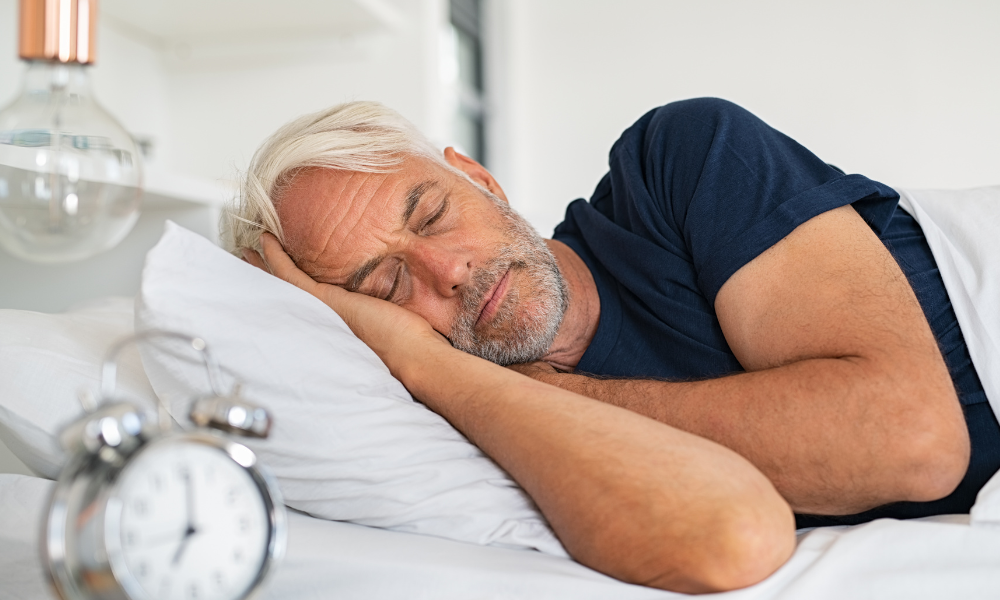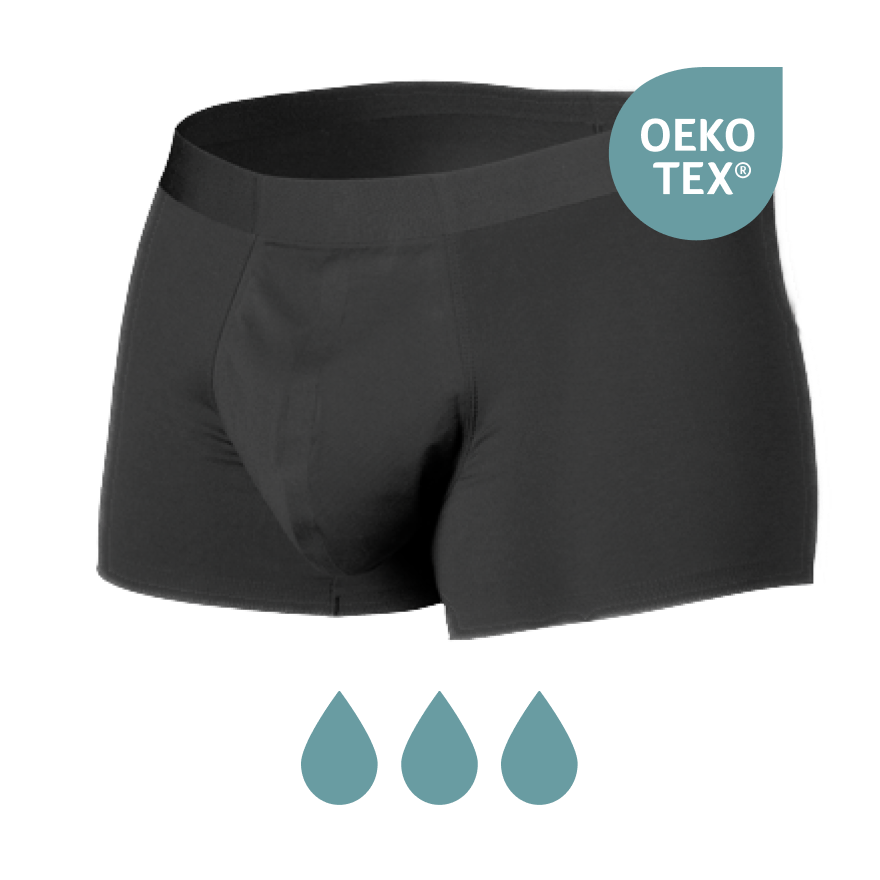Introduction:
Incontinence in men at night, also known as Nocturne Enuresis, is a condition that affects more men than is often recognized. Although the subject is sometimes considered embarrassing, it is important to understand that this is a medical condition for which treatment is available. In this article we will elaborate on the causes, symptoms and treatments of incontinence in men at night, with the aim of creating more awareness and understanding for this condition.
Causes of incontinence in men at night:
Incontinence in men at night can have various causes, ranging from physiological factors to underlying medical conditions. Some common causes are:
-
Overactive bladder: An overactive bladder can cause men to pee more often at night, which can lead to incontinence.
-
Prostate problems: Enlarged prostate, prostate cancer or prostate operations can influence the urine flow and cause incontinence.
-
Neurological disorders: Damage to the nerves that check the bladder, such as with diabetes or multiple sclerosis, can cause incontinence.
-
Medication: Some medicines can have side effects that cause incontinence, especially if they have diuretic effects.
Symptoms of incontinence in men at night:
Recognizing the symptoms of incontinence in men at night is essential for timely diagnosis and treatment. Some common symptoms are:
- Unintentional loss of urine during sleep
- Frequent urge to pee at night
- Feel that it cannot completely empty the bladder
- Urine leakage when coughing, laughing or lifting
- The use of incontinence material to absorb urine loss
Treatments for incontinence in men at night:
Fortunately, there are various effective treatments available for incontinence in men at night. The correct treatment depends on the specific cause and severity of the condition. Some common treatment options are:
-
Medication: For men with an overactive bladder, medicines can be prescribed to calm the bladder and reduce the urge to pee.
-
Physiotherapy: Pelvic floor training can help men improve control of their bladder and reduce urine loss.
-
Surgery: In some cases, such as prostate problems, surgery may be necessary to correct the underlying cause of incontinence.
-
Lifestyle adjustments: Avoiding caffeine and alcohol, managing moisture intake before bedtime and regularly emptying the bladder can all help to reduce incontinence at night.
Conclusion:
Incontinence in men at night is a common but treatable condition that can have a significant impact on the quality of men's life. By better understanding the causes, symptoms and treatments, men can take the right steps to effectively tackle this condition and improve their well -being.
















